Introduction
In recent years, the world has seen a shift towards sustainable energy sources as a means of combating climate change and reducing our dependence on fossil fuels. One such alternative is biomass boilers, which offer a clean, renewable and cost-effective way of generating heat and electricity. In this article, we will explore the concept of biomass boilers and examine their advantages, disadvantages, and applications.
What is a Biomass Boiler?
A biomass boiler is a heating system that burns organic materials, such as wood pellets, chips or logs, to generate heat and hot water. This heat is then used to power central heating systems, boilers, and hot water systems for homes, businesses, and industrial facilities. The organic materials used as fuel for these boilers are considered renewable because they are grown and replenished at a rate that matches or exceeds the rate at which they are consumed.
Get an online fixed price in 20 seconds:
Advantages of Biomass Boilers
- Renewable Energy Source: It is a renewable energy source, which means their fuel supply is replenished naturally, unlike fossil fuels which are limited and rapidly depleted.
- Lower Carbon Emissions: Biomass boilers emit fewer greenhouse gases than traditional boilers and heating systems that run on fossil fuels. This makes them a more environmentally friendly option.
- Cost-effective: It can be cost-effective, especially when the cost of fuel is considered. The cost of wood chips, pellets, and logs is often lower than the cost of heating oil or natural gas, making biomass boilers a more affordable option for many consumers.
- Versatility: Biomass boilers can be used for a variety of applications, including central heating, hot water systems, and power generation.
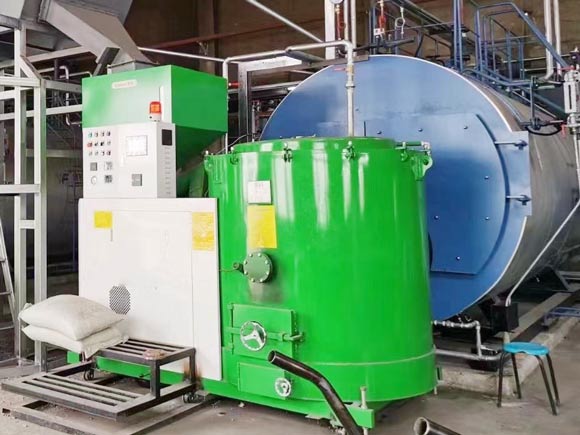
Disadvantages of Biomass Boilers
- High Initial Investment: Installing a biomass boiler can be expensive, with costs ranging from several thousand to tens of thousands of dollars. This makes them a less accessible option for some consumers.
- Maintenance: Biomass boilers require regular maintenance to ensure that they run efficiently and safely. This can add to the overall cost of ownership and may require specialized skills to perform.
- Fuel Supply: Biomass boilers rely on a continuous supply of fuel, which can be difficult to obtain in some areas. In addition, the quality of the fuel can vary, which can impact the efficiency and performance of the boiler.
- Space Requirements: It are typically larger than traditional boilers and require a substantial amount of space for fuel storage.
Need a new boiler?
Applications of Biomass Boilers
- Residential: Can be used in homes for central heating and hot water systems. This provides a sustainable and cost-effective alternative to traditional heating systems.
- Commercial: Can be used in commercial buildings, such as office buildings, hotels, and schools, to provide heating and hot water. They are also becoming increasingly popular in larger industrial facilities, such as factories and warehouses.
- Power Generation: Can also be used to generate electricity. This is achieved by burning the organic materials in a high-pressure steam generator, which produces steam that is then used to drive a turbine and generate electricity.
Types of Biomass Boilers:
Log Boilers: Log boilers are a traditional type of biomass heating boiler that use logs as the fuel source. They are ideal for homes with plenty of wood available for fuel and are often used in rural or remote areas.
Pellet Boilers: Pellet boilers are a popular type of biomass heating boiler that use wood pellets as the fuel source. They are automated, which makes them easier to use, and they are suitable for homes and businesses with a high demand for heat.
Chip Boilers: Chip boilers are a type of biomass heating boiler that use wood chips as the fuel source. They are often used in larger buildings and industrial applications, as they have a high heating capacity.
Get FREE Boiler Quotes
Get FREE Local Boiler Quotes today
Compare The Best Prices
Save Money On Your New Boiler Today!
How much does a biomass boiler cost?
The cost of a biomass boiler can vary widely, depending on several factors, such as the size of the system, the type of fuel being burned, and the specific brand and model. Generally, prices for a biomass boiler can range anywhere from $15,000 to $50,000 or more.
It’s important to keep in mind that the cost of a biomass boiler is just one part of the overall cost of a biomass heating system. You also need to consider the cost of fuel, installation, maintenance, and operation. Additionally, some states offer incentives and rebates to help offset the cost of installing a biomass heating system.
If you’re interested in a biomass boiler, it’s a good idea to get quotes from several different providers to get a sense of the overall cost and to compare different options. A professional heating contractor can help you evaluate your needs and determine the most cost-effective solution for your home or business.
Conclusion
In conclusion, biomass boilers are a clean, renewable and cost-effective way of generating heat and electricity. They offer several advantages, including lower carbon emissions and a renewable energy source, while also being versatile and adaptable to a range of applications.

Looking for boilers with sophisticated manufacturing, great quality?
Fangkuai boiler can always provide what you want.
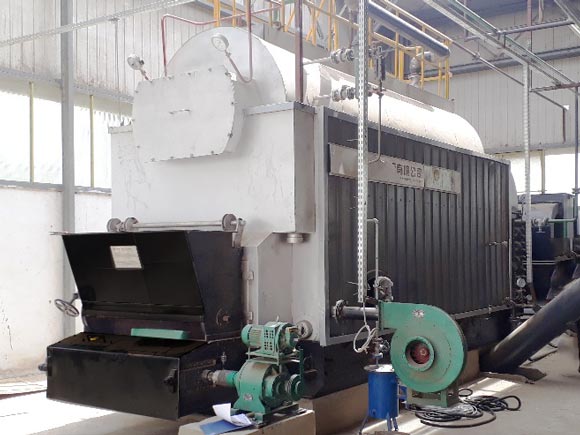
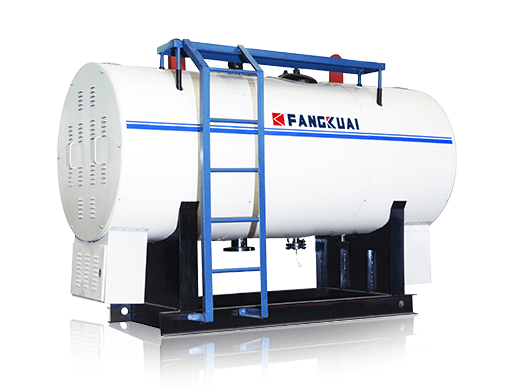 Electric Hot Water Boiler
Electric Hot Water Boiler 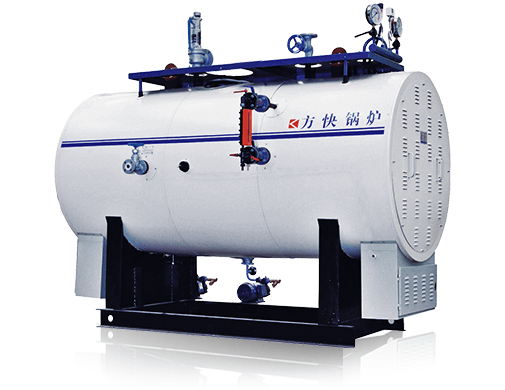 Electric Steam Boiler
Electric Steam Boiler 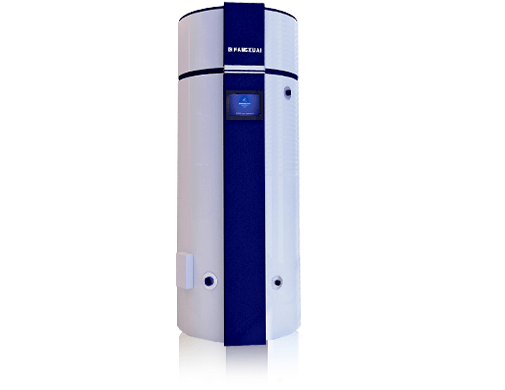 V6 Gas Fired Hot Water Boiler
V6 Gas Fired Hot Water Boiler 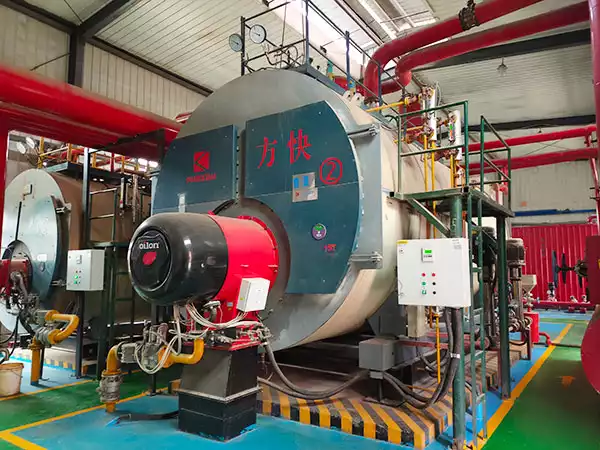 2023 Gas Boiler Prices Guide | Comparing Home Gas Boiler Costs
2023 Gas Boiler Prices Guide | Comparing Home Gas Boiler Costs 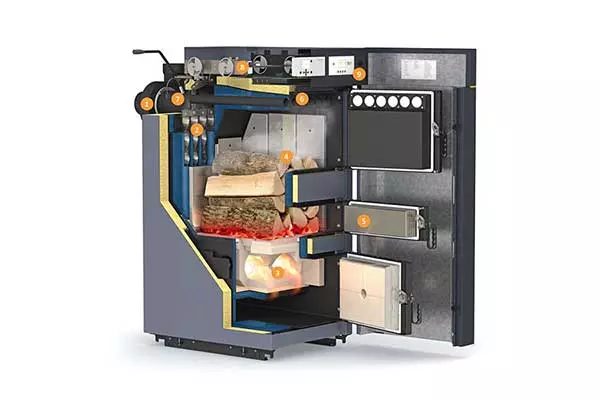 Best Wood Gasification Boilers For Sale | Buying Guide
Best Wood Gasification Boilers For Sale | Buying Guide 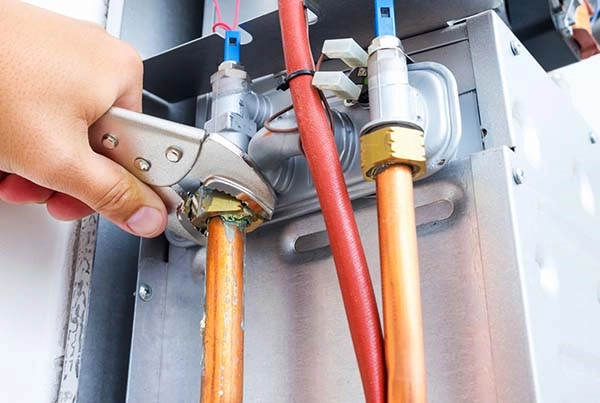 Electric Combi Boiler Prices | 2023 Buying Guide
Electric Combi Boiler Prices | 2023 Buying Guide 